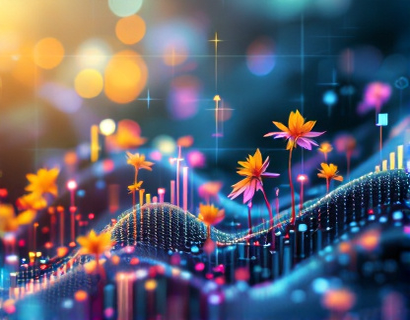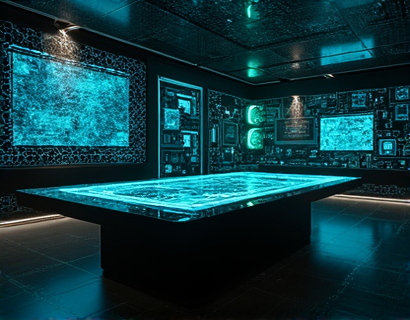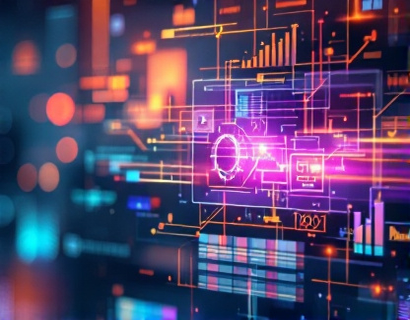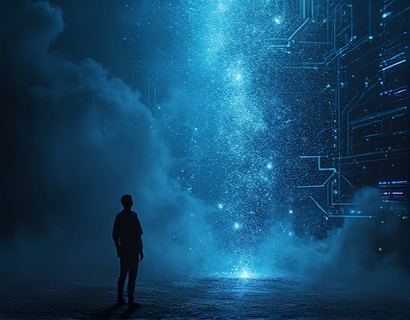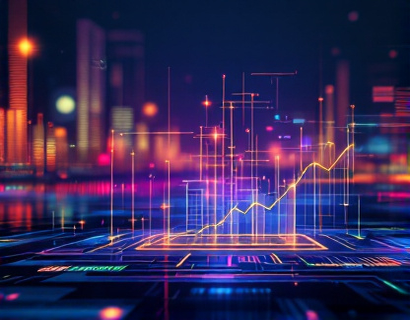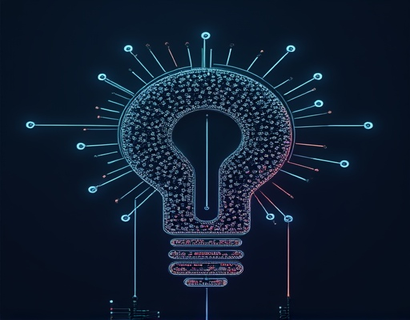AI-Powered Music Composition: Revolutionizing Creativity with Intelligent Software
The integration of artificial intelligence in music composition is ushering in a new era of creativity and innovation for artists and producers. This transformative technology is not just a tool but a collaborator, enhancing the musical creation process and pushing the boundaries of what is possible. The advent of AI-powered music composition software has made it easier than ever for musicians to translate their ideas into reality, offering a blend of intuitive features and advanced capabilities that cater to both seasoned professionals and emerging talents.
Enhancing Creativity with Intelligent Software
AI in music composition is designed to augment human creativity rather than replace it. These intelligent tools analyze vast amounts of musical data, learning patterns, styles, and structures to generate new musical ideas. For artists, this means having a constant source of inspiration at their fingertips. The software can suggest melodies, harmonies, and even entire sections of a song, allowing creators to explore new directions and experiment with sounds they might not have considered otherwise.
The creative process is often iterative and can be time-consuming. AI-powered tools streamline this process by automating repetitive tasks such as chord progression generation, rhythm creation, and even vocal harmony enhancement. This not only saves time but also allows artists to focus more on the artistic aspects of their work, such as lyrical content and emotional expression. The result is a more efficient workflow that fosters creativity and innovation.
Streamlining Composition and Production
One of the most significant advantages of AI in music production is its ability to simplify complex tasks. Traditional music composition and production involve a multitude of steps, from writing notes to mixing and mastering. AI tools can handle many of these steps, providing pre-built templates, automatic arrangement suggestions, and real-time feedback on sound quality. This makes the music-making process more accessible and less intimidating for newcomers, while also offering professional artists new ways to refine their craft.
For instance, AI can analyze a rough demo and suggest improvements in timing, pitch, and dynamics. It can also assist in creating a full arrangement by automatically adding instruments and adjusting their levels to achieve a balanced mix. These features not only save time but also enhance the overall quality of the final product. Artists can experiment with different configurations and styles without the need for extensive technical knowledge, making the production process more democratic and inclusive.
Elevating Sound Quality
Sound quality is a critical aspect of music production, and AI technology has made significant strides in this area. Advanced algorithms can analyze and optimize audio files, removing noise, correcting pitch, and enhancing overall clarity. This is particularly beneficial for artists working with limited resources or in home studios, where high-quality equipment may not be available. AI-powered tools can simulate professional studio environments, ensuring that the music sounds polished and professional.
Moreover, AI can assist in the mastering process, which is the final step in music production. Mastering involves adjusting the overall sound of a track to meet industry standards for loudness, clarity, and balance. AI mastering tools use machine learning to analyze the track and apply the necessary adjustments, often achieving results that rival those of human mastering engineers. This democratizes access to high-quality mastering, allowing independent artists to compete on a level playing field with major label productions.
Intuitive Features for All Creators
The beauty of AI-powered music composition software lies in its user-friendly interface and intuitive features. These tools are designed to be accessible to users of all skill levels, from beginners to seasoned professionals. The software often includes guided tutorials and interactive interfaces that help users understand and leverage the technology effectively. This ensures that even those with minimal technical background can create high-quality music.
One of the key features is the ability to collaborate in real-time. Multiple users can work on the same project simultaneously, with AI ensuring that all contributions are seamlessly integrated. This is particularly useful for remote collaborations, where team members may be located in different parts of the world. The software can also suggest ways to blend different styles and genres, fostering creative cross-pollination and innovation.
Unlocking New Creative Potentials
The integration of AI in music composition opens up new creative possibilities that were previously unimaginable. For example, AI can generate unique soundscapes and textures that blend traditional instruments with electronic elements, creating a rich and immersive listening experience. Artists can experiment with generative music, where the software creates music in real-time based on predefined parameters, leading to dynamic and evolving compositions.
Another exciting application is the use of AI in music therapy and accessibility. AI-powered tools can adapt music to individual needs, creating personalized soundscapes for relaxation, focus, or emotional support. This not only expands the reach of music but also makes it more inclusive, benefiting a wider audience.
Challenges and Considerations
While AI-powered music composition offers numerous benefits, it is essential to acknowledge the challenges and considerations involved. One of the primary concerns is the potential loss of human touch and emotional depth in music. Critics argue that over-reliance on AI could lead to homogenized and formulaic music, lacking the unique character that human creativity brings. However, this is not an inherent limitation of the technology. When used thoughtfully and in conjunction with human creativity, AI can enhance rather than diminish the artistic value of music.
Another consideration is the ethical use of AI in music. Issues such as copyright, ownership, and the potential for AI to generate music that closely mimics existing works need to be addressed. The music industry must establish clear guidelines and regulations to ensure that AI is used responsibly and fairly, protecting the rights of all creators.
The Future of Music Creation
The future of music creation with AI is bright and full of potential. As the technology continues to evolve, we can expect even more sophisticated tools that further blur the lines between human and machine creativity. The collaboration between artists and AI will likely become the norm, leading to new genres, styles, and forms of musical expression. The key will be to embrace this technology as a partner in the creative process, using it to expand horizons and push the boundaries of what music can be.
For artists and producers, the integration of AI in music composition is not just a trend but a transformative shift. It offers a powerful ally in the creative journey, providing tools that enhance productivity, quality, and innovation. Whether you are a seasoned professional or just starting, AI-powered music composition software is an invaluable resource that can help you realize your musical vision and achieve new heights of artistic success.





